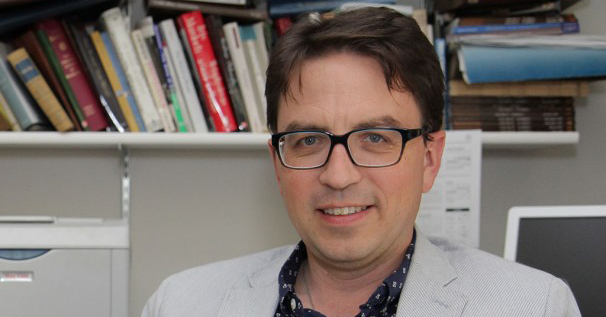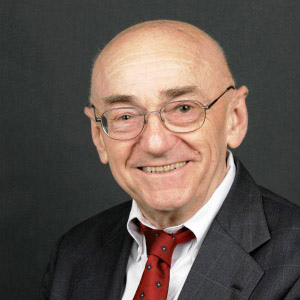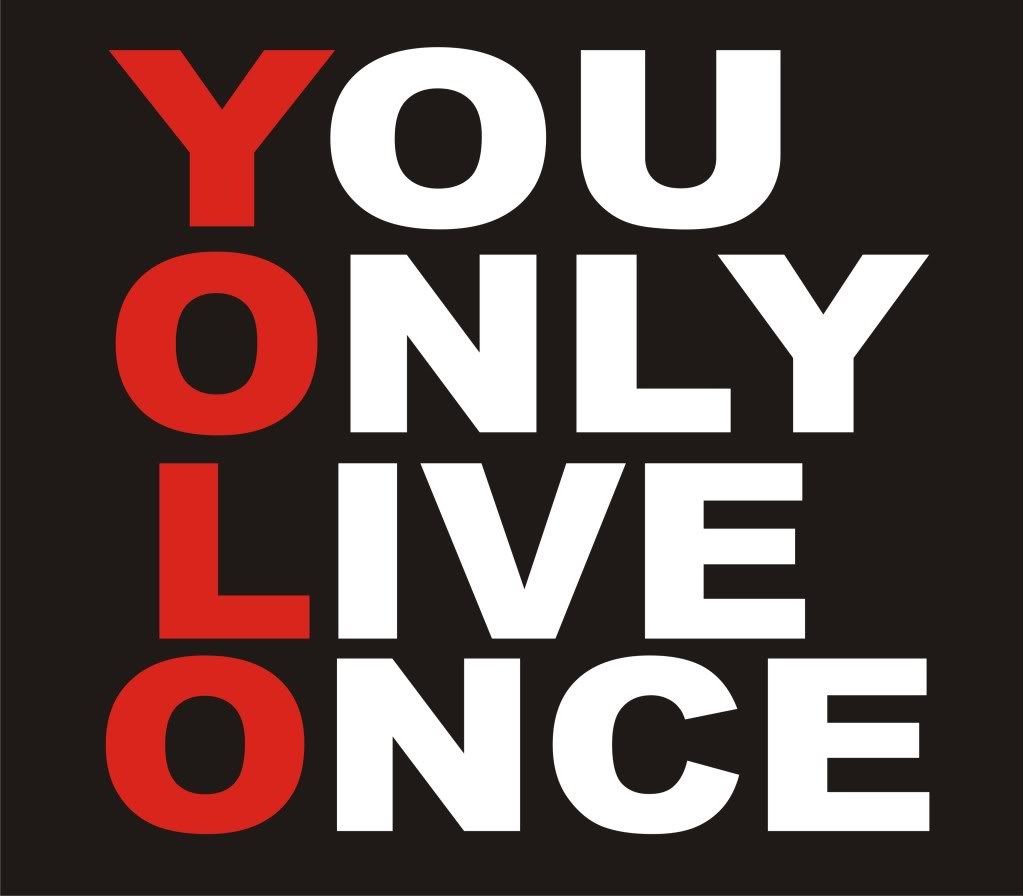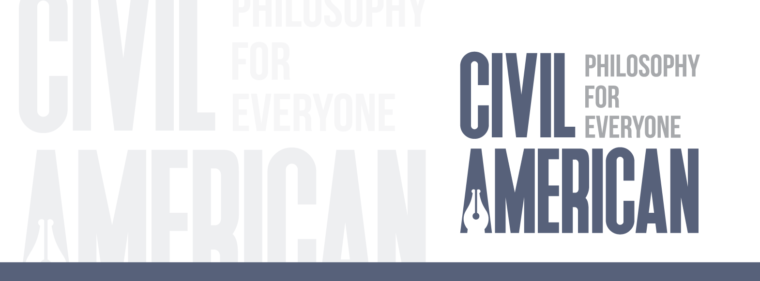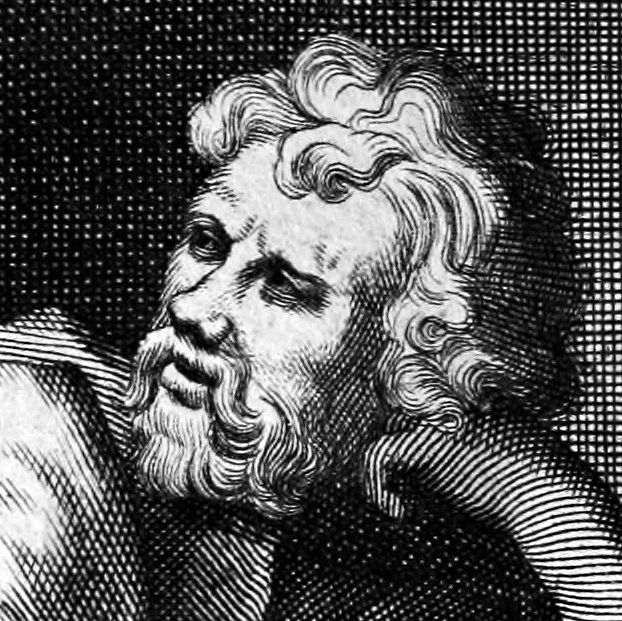This seventh episode of the Philosophy Bakes Bread radio show and podcast features an interview with Dr. Scott Samuelson of Kirkwood Community College, on how to live the deepest human life.
Dr. Samuelson is the author of The Deepest Human Life and he is presently developing his next book, titled Seven Ways of Looking at Pointless Suffering. Listen for our “You Tell Me!” questions and for some jokes in one of our concluding segments, called “Philosophunnies.” Reach out to us on Facebook @PhilosophyBakesBread and on Twitter @PhilosophyBB; email us at philosophybakesbread@gmail.com; or call and record a voicemail that we play on the show, at 859.257.1849. Philosophy Bakes Bread is a production of the Society of Philosophers in America (SOPHIA). Check us out online at PhilosophyBakesBread.com and check out SOPHIA at PhilosophersInAmerica.com.
(1 hr 8 mins)
Click here for a list of all the episodes of Philosophy Bakes Bread.
Subscribe to the podcast!
We’re on iTunes and Google Play, and we’ve got a regular RSS feed too!
Notes
- Encyclopedia Britannica entry on St. Thomas of Aquinas’s “Five Ways” to prove the existence of God.
- In this episode, we mention Episode 1 of Philosophy Bakes Bread with Anthony Cashio, on “The Molemen and Plato’s Cave Today.”
- We also referenced Episode 5 of the show, on “Stoic Pragmatism” with John Lachs.
- You may have noticed the use of a word for a man’s body part. Here’s an article on words you can and cannot say on the radio – yes, it was allowed.
You Tell Me!
For our future “You Tell Me!” segments, Dr. Samuelson proposed the following questions in this episode, for which we invite your feedback: “Is war a good and healthy metaphor for thinking about our relation to suffering, or is the war metaphor harmful? If the latter, what might a better metaphor be?” What do you think?
Let us know! Twitter, Facebook, Email, or by commenting here below!


